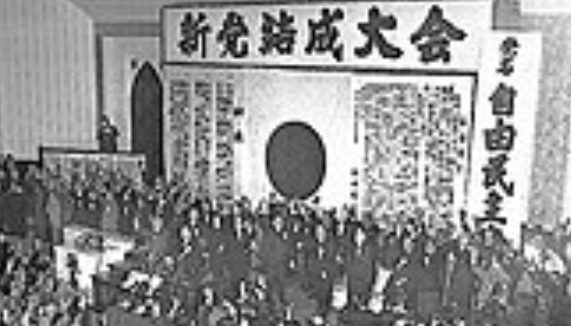Japan election preparations: Opposition need apathetic non-voters to vote
Kanako Mita, Sawako Utsumi, and Lee Jay Walker
Modern Tokyo Times

The Liberal Democratic Party (LDP) usually wins the general election in Japan apart from the odd shock. Hence, in 2009, the inept leadership of Taro Aso (LDP) lost to the estrange Yukio Hatoyama, representing the opposition.
Unsurprisingly, given the political dynastic nature of Japanese politics, Yukio is related to Ichiro Hatoyama (1883-1959). Ichiro was instrumental in the merger of two political parties that became the LDP in 1955. Therefore, the shock of the LDP losing in 2009 wasn’t so dramatic concerning the individual who won.
From the 1960s onward – until the early twenty-first century – voter turnout was usually between the 63 percent to 75 percent range. However, in the last two elections, the voter turnout was 52.65 percent in 2014 and 53.69 percent in 2017. Henceforth, just below 50 percent of people couldn’t be bothered to vote. This mainly concerns the LDP usually winning the election, disenchantment with the revolving family LDP chair leading the country, and little hope that any party can solve the protracted economic problems of Japan.
Interestingly, when Hatoyama broke the stranglehold of LDP rule, the voter turnout was 69.19 percent in the 2009 general election. Thus, one expects the LDP to get its core voters to vote. However, can opposition parties rekindle the recent non-voters?
Fumio Kishida recently won the internal LDP battle to become the leader of this party. Immediately, even if the timescale was limited, he called for a general election to be held on October 31. Yet, even before election preparations began, Kishida seems to be backtracking on his optimistic view of greater economic distribution.
NHK reports, “Kishida’s Liberal Democratic Party and its junior coalition partner Komeito are aiming to retain their majority in the Lower House. The ruling coalition is calling for the continuation of the administration, saying they want to steadily push ahead with coronavirus measures and rebuild the economy.”
Opposition parties, sensing the vulnerability of the LDP, are to nominate one single candidate with the best opportunity to defeat the LDP candidate when possible. Ironically, Kishida is citing that this is unfair. However, for many of the electorate, it is unfair for leaders to come from the same political families. Therefore, it is incumbent on opposition parties to persuade people to vote.
It is difficult to have much enthusiasm about the upcoming election. After all, family politics in the ruling LDP is destroying the chance for real change. Also, the opposition is promising economic perks that Japan can ill afford – given the dire national debt situation. This notably concerns the opposition promising to reduce consumption tax dramatically.
The problem for Kishida is the influence of Shinzo Abe and Aso within the ruling LDP concerning factionalism and political influence within the Cabinet. Similarly, the problem for Japan is family dynastic politics. Finally, and sadly, the next problem is the lack of positivity within opposition parties.
Overall, the election seems more open than the last three elections when Shinzo Abe won for the ruling LDP.

https://www3.nhk.or.jp/nhkworld/en/news/20211015_06/
PLEASE SUPPORT MODERN TOKYO TIMES by DONATING
Modern Tokyo News is part of the Modern Tokyo Times group
DONATIONS to SUPPORT MODERN TOKYO TIMES – please pay PayPal and DONATE to sawakoart@gmail.com
http://moderntokyotimes.com Modern Tokyo Times – International News and Japan News
https://www.pinterest.co.uk/moderntokyotimes/ Modern Tokyo Times is now on PINTEREST
http://sawakoart.com – Sawako Utsumi personal website and Modern Tokyo Times artist
https://moderntokyonews.com Modern Tokyo News – Tokyo News and International News
PLEASE JOIN ON TWITTER
https://twitter.com/MTT_News Modern Tokyo Times